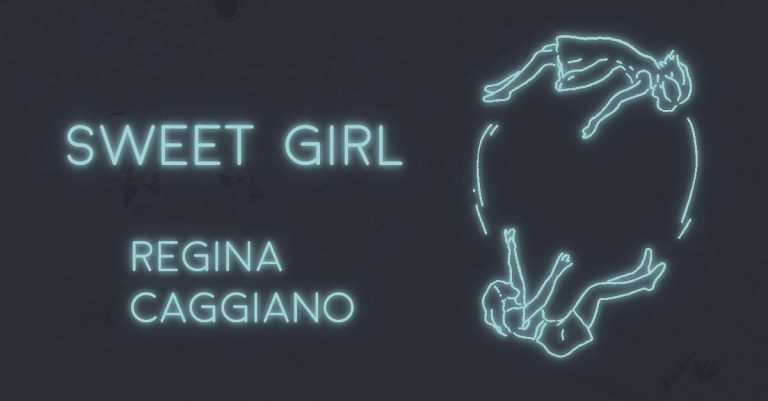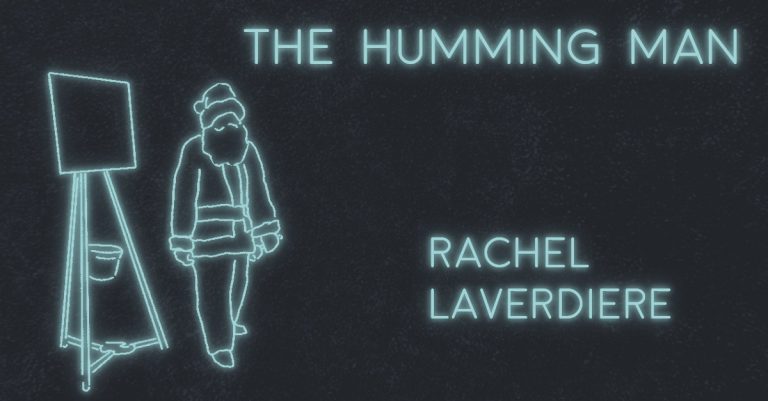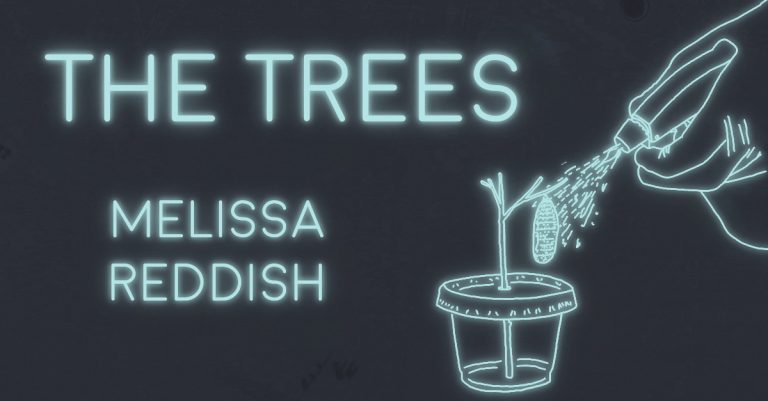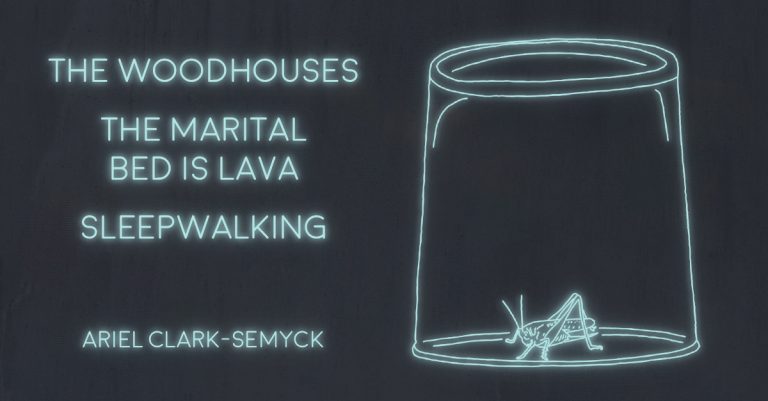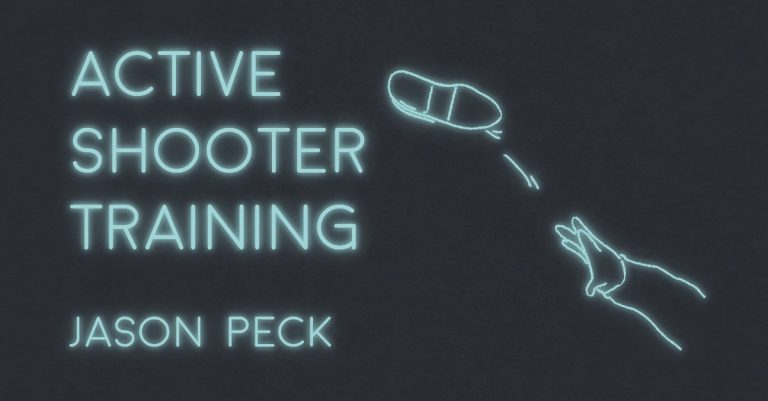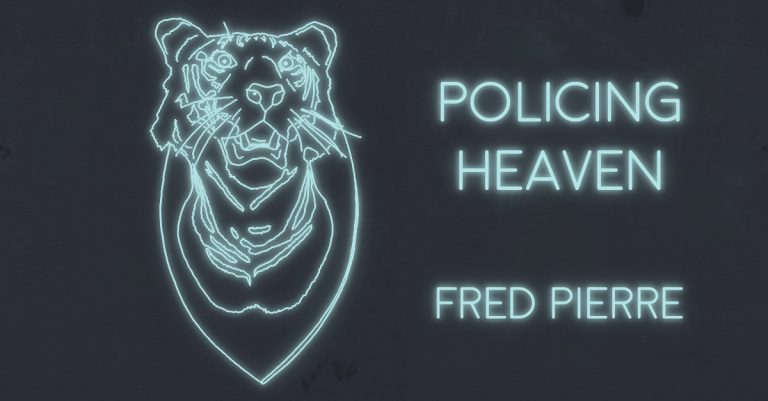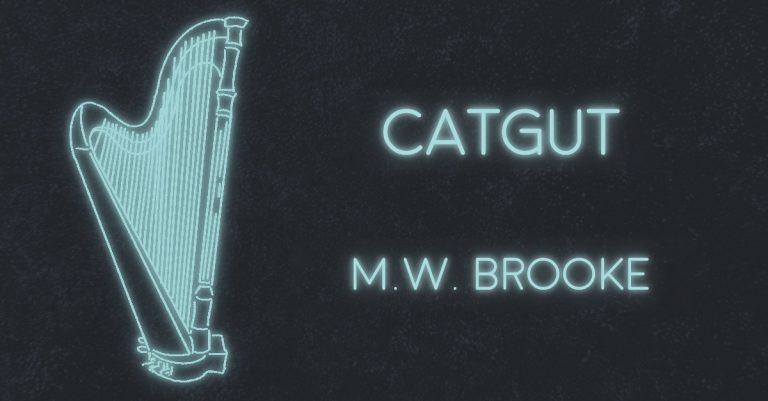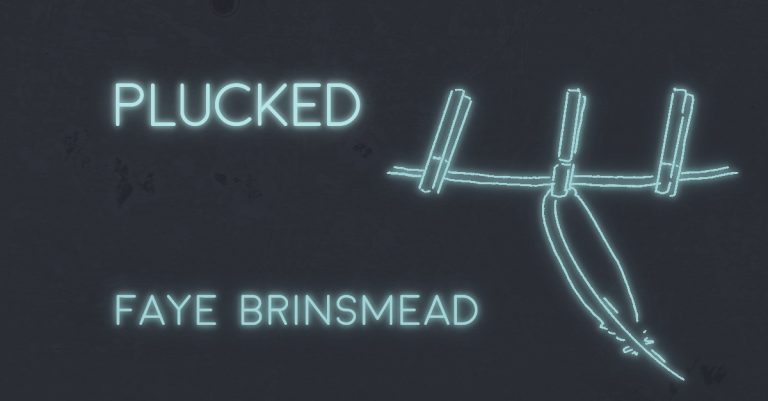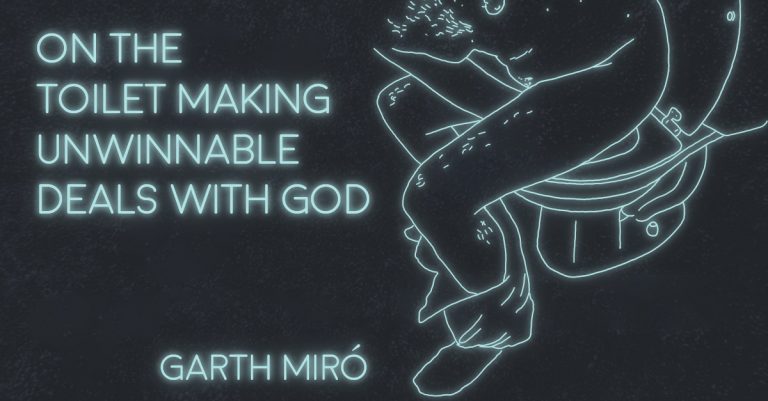
ON THE TOILET MAKING UNWINNABLE DEALS WITH GOD by Garth Miró
“I’ll be right there!” I called out to my girlfriend. I’d just stuck my cooking-oil-lubed arm halfway up my asshole when her friends arrived for lunch. Someone’s birthday. Heard them out there, smiling, kissing one another. There was clinking and keys and hellos and I was supremely fucked. When you smoke a lot of heroin you get really constipated. When you get really constipated you sometimes get impacted. Then you’re an animal. I was sweating. I jammed my arm up further, and really, it was probably only my hand, but I heard something rip. No. There was no turning back.

